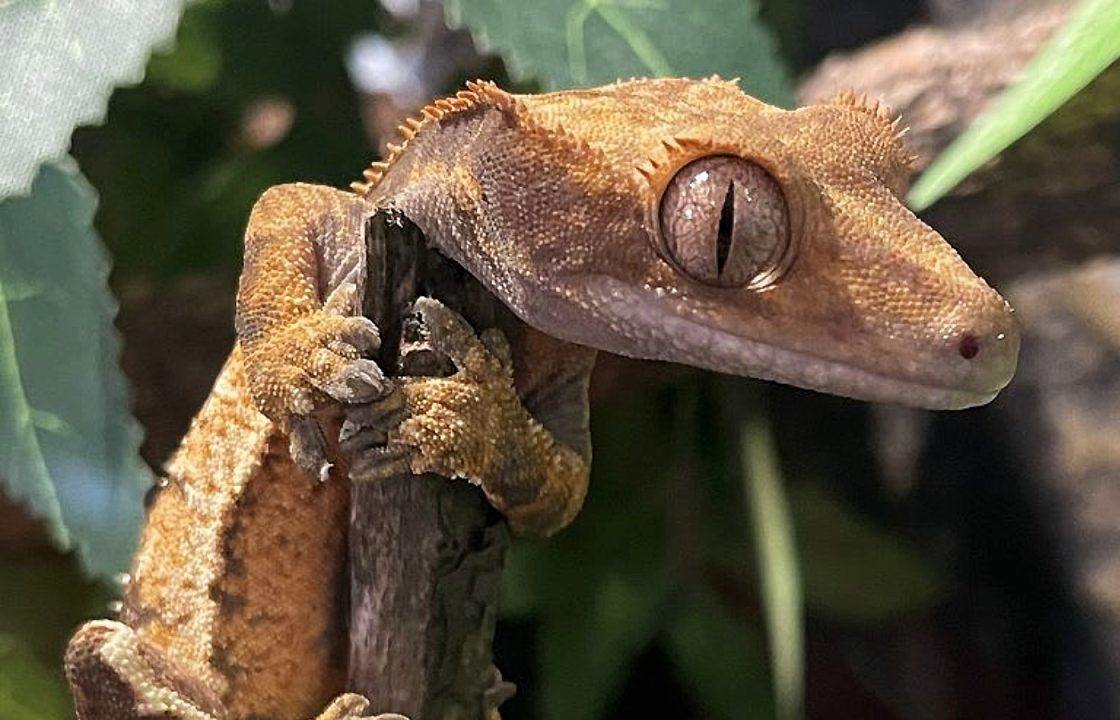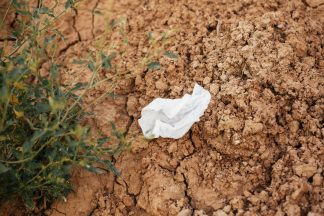A study has found that Scottish exotic animal owners have been euthanising their own pets through decapitation.
The research, commissioned by animal welfare group OneKind, revealed that wild animals kept as pets in Scotland are sometimes being euthanised by their owners rather than a vet.
Animals included gerbils, crested geckos and snakes. Quail were also regularly occurring examples, which were decapitated, sometimes using kitchen scissors.
The study revealed a “wealth” of welfare concerns, including animals regularly refusing to eat, animals self-mutilating or attacking others kept in the same enclosure, stress-induced repetitive behaviours, and nocturnal animals being routinely woken during the day for handling.
Over six months, Professor Samantha Hurn of the University of Exeter investigated the motivations and behaviours of individuals who keep wild animals as pets.
While social media posts on home euthanasia were not common, they did surface regularly enough to indicate that this is an issue.
Methods mentioned included blunt force trauma, cervical dislocation (severing the connection between the brain and spinal cord), freezing, and putting a substance, such as clove oil, in the water to kill fish, axolotls and other aquatic species.
The study found that a lack of qualified vets to treat wild animals kept as “exotic pets” may lead owners to euthanise animals themselves, with online misinformation among exotic pet owners further compounding the issue.
OneKind’s CEO, Jason Rose, said he was “horrified” to learn that some owners had euthanised animals in their care themselves.
“Euthanasia should only be carried out by trained professionals to ensure it is done in a legal, humane and respectful manner that minimises suffering to the animal in their final moments,” he said.
Every veterinary professional and rescue worker interviewed in the study strongly opposed keeping some animals as pets because they can’t have their needs met or engage in natural behaviour.
Examples given included primates, parrots, larger fish, foxes, and African pygmy hedgehogs.
OneKind, Born Free, and Scottish SPCA, which form the Don’t Pet Me coalition, are calling on the Scottish Government to introduce a permitted list that includes only species that are suitable to keep as pets.
Their petition to the Scottish Government has secured more than 11,000 signatures.
Mr Rose added: “The research is clear – it is time to put an end to the suffering of wild animals kept as “exotic pets”. These wild creatures deserve to thrive in their natural habitats and not be confined to people’s homes.”
Veterinarian Dr Mark Jones, who is head of policy at Born Free, said he was concerned over the study’s findings.
“Humane euthanasia is a serious medical procedure that should never be taken lightly, and should only be considered when it is in the interests of the welfare of the animal concerned,” he added.
“It should only be carried out by those with professional training, proper equipment and an understanding of the animal’s physiology to ensure it is pain-free and dignified.”
Dr Jones continued: “The methods used by unqualified individuals will inevitably result in prolonged suffering rather than relief, and may well be carried out for the wrong reasons.
“Exotic animals have complex needs which can rarely, if ever, be fully met in a domestic environment, and people should think twice before attempting to procure one.
“Anyone who feels unable to care for their pet should seek advice from a qualified veterinarian or a reputable rescue organisation rather than taking matters into their own hands.”
A Scottish Government spokesperson said: “We are committed to the highest standards of animal welfare and understand public health and conservation concerns around the keeping of exotic pets. We welcome the work of groups in dealing with the welfare problems caused by irresponsible owners and for raising awareness of this important issue.
“The Scottish Animal Welfare Commission has explored the issues surrounding the keeping of exotic pets and we will continue to consider the steps that could be taken in this area.”
Follow STV News on WhatsApp
Scan the QR code on your mobile device for all the latest news from around the country


 One Kind
One Kind

























